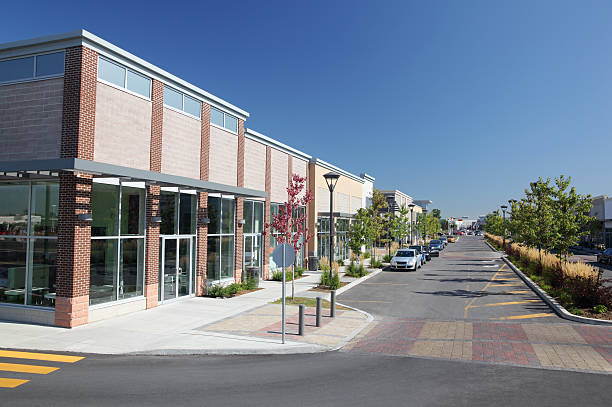Rental income is an important consideration, for people who want to invest in the real estate sector. Property buyers are often confused over which would provide better income option – an investment in a residential property or a commercial one. Arvind Nandan, senior real estate professional, points out that when it comes to residential vs commercial property, the broad principles of asset-selection, such as the location of the property, quality of construction, age of the property and usage remain the same.
“When you think of investing, with respect to rental income expected in residential vs commercial property, do note a few points. While most residential properties need to be leased on an annual basis, commercial properties are leased for longer tenures. The vacancy risks in residential properties are higher, given the frequent turnovers of tenants. Hence, property buyers need to pay attention to the qualitative aspects of these two segments before choosing commercial vs residential property,” he explains.

Experts advise that any investment in commercial property with rental income like office, retail, warehouse, etc., require the potential purchaser to consider aspects like the current leasing environment, the existing ecosystem in the region, distance from complementary and auxiliary industries, legal due diligence, clearances that are specific to the property’s usage, etc.
When it comes to commercial property vs residential property, a residential property must be analysed for liveability with respect to social infrastructure, the neighbourhood and profile of other residents.
“When it comes to residential vs commercial property, note that in residential realty, the gross rental yields are usually in the range of three to five per cent, per annum, on the fair market value of the property. Let us understand difference between residential and commercial property tax. Net of insurance, property tax and maintenance, the net yields tend to be in the range of two to three per cent per annum. Escalations in home rentals are between five and seven per cent, per annum. On the other hand, in commercial realty, the gross yields are usually in the range of six to 10 per cent, per annum. Net of insurance, property tax and maintenance, the net yields tend to be in the range of five to eight per cent, per annum. Escalations in rentals here, are between three and five per cent, per annum. The overall returns estimate over 10 years, are now around eight to nine per cent per annum in the residential realty sector, in comparison to 13-15 per cent per annum in the commercial realty sector,” explains Amit Goenka, MD and CEO at Nisus Finance.
Residential vs commercial property: Risk versus rewards:
- Tax benefits: Commercial and residential properties that are let out, attract tax on income from house property. However, a house property that is taken on a home loan, qualifies for tax breaks under Section 24 and Section 80C of Income-Tax Act.
- Risk and volatility: This is perceived to be higher in a residential property, due to frequent change in tenants, higher maintenance and upkeep costs and lower returns. Commercial properties offer stable, long-term rentals, with predictable income streams.
- Entering and exiting an investment: Both are illiquid assets. However, with Real Estate Investment Trust (REIT) regulations, it would be easier to create a portfolio of commercial properties than residential properties. Also, since the supply of Grade A pre-leased assets is low, the demand is much higher, making it more liquid than residential properties.
Above all these considerations, it is also important to examine the location, investment size and tenure, before making the final decision to invest in a residential or commercial property.
Source: Housing.com





